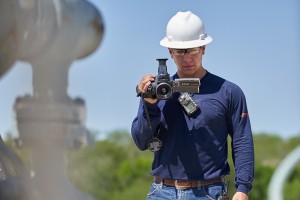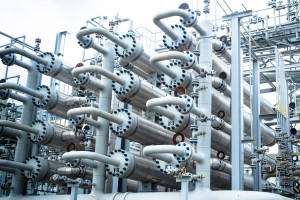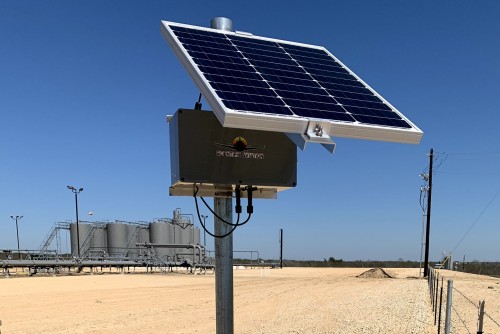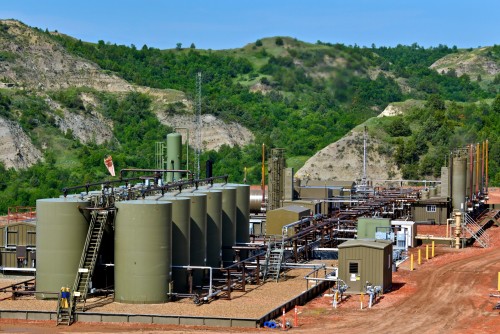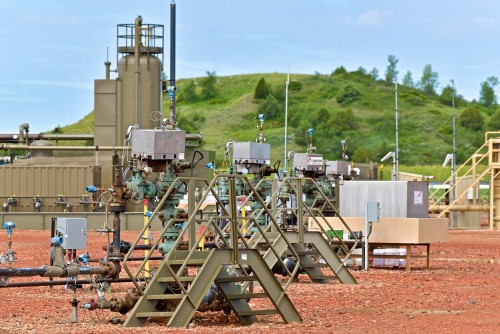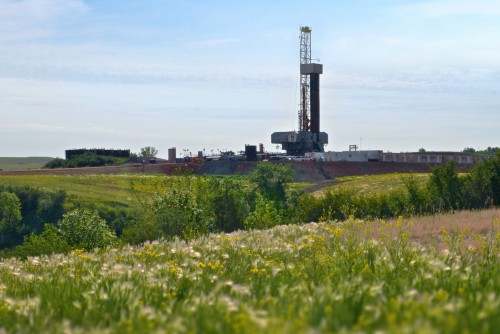Low Carbon Technologies
ConocoPhillips believes that managing climate change-related risks and energy transition opportunities is essential to the long-term value of our business.
As the first U.S.-based oil and gas company to adopt a Paris-aligned framework and set an ambition to achieve net-zero operational emissions by 2050, we are committed to achieving sustainable success throughout the energy transition. We are applying our strategic capabilities and resources to meet this challenge in an economically viable and responsible way that balances the interests of our stakeholders.
This effort is aligned with our Triple Mandate, the objectives of which are to reliably and responsibly deliver production to meet energy transition pathway demand, deliver competitive returns on and of capital, and achieve our Paris-aligned targets and 2050 net-zero operational emissions ambition. A comprehensive governance framework provides oversight for these efforts.
Our Triple Mandate will drive continued focus and accountability for both returns and resilience in a well-managed and orderly energy transition. We are positioning ourselves to participate in the emerging low-carbon economy, and a key element of this effort is our Low Carbon Technologies organization.
Established in early 2021, the multi-disciplinary group’s areas of responsibility are to prioritize opportunities for future competitive investment as part of a net-zero roadmap for Scope 1 and 2 emissions and understand the new energies landscape. Our 2022 operating plan capital budget includes $200 million for projects to reduce our Scope 1 and 2 emissions intensity and fund investments in several early-stage low-carbon opportunities, including evaluating emerging opportunities in carbon capture and storage and low-carbon hydrogen. We are approaching this effort with the same discipline we follow in our traditional business investment and capital allocation process. This includes keeping costs low, leveraging competencies, identifying viable economic opportunities, and anticipating and managing risk while focusing on projects with competitive returns potential.
Key Projects and Areas
Reducing Operational Emissions
Significant reductions are required to realize our net-zero operational emissions ambition by 2050. We have clear line of sight to achieve our interim 2030 target of a 40-50% reduction in GHG intensity. Building on this, we are developing a credible roadmap to pursue our 2050 ambition and are continuing to integrate our net-zero ambition into company culture. We will continue to review potential greenhouse gas (GHG) emissions reduction projects within our annual planning process and assess them against predetermined selection criteria.
Voluntary Carbon Offsets
While achieving net-zero is primarily about reducing our own emissions first, we recognize that some operational emission sources are difficult to eliminate and may require offsets. Our strategy is to work on developing and investing in offset projects to help ensure we are prepared for the long term.
Low Carbon Opportunities
The energy transition will create business opportunities designed to reduce emissions and deliver less carbon-intensive forms of energy. The Low Carbon Technologies organization is focused on growing opportunities in carbon capture and storage (CCS) and hydrogen, to leverage our company’s expertise and complement our existing businesses.

